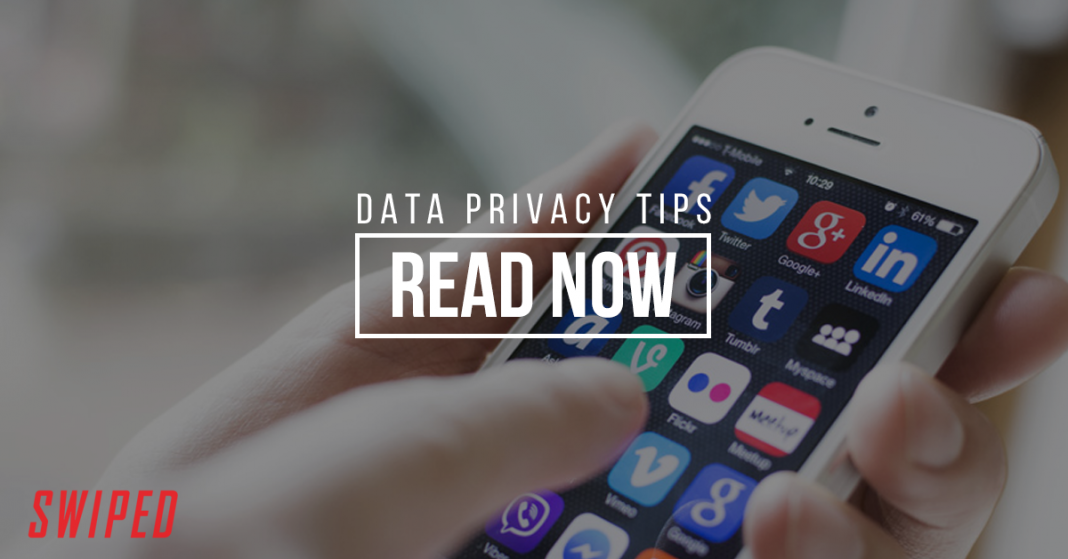 Your mobile devices – including smartphones, laptops and tablets ‒ are always within reach everywhere you go, whether for work, travel or entertainment. These devices make it easy to connect to the world around you, but they can also expose a lot of info about you and your friends and family, like your contacts, photos, videos, location and health and financial data to the bad guys. It’s important to stay cyber safe when using your mobile device.
Your mobile devices – including smartphones, laptops and tablets ‒ are always within reach everywhere you go, whether for work, travel or entertainment. These devices make it easy to connect to the world around you, but they can also expose a lot of info about you and your friends and family, like your contacts, photos, videos, location and health and financial data to the bad guys. It’s important to stay cyber safe when using your mobile device.
Personal Information is Like Money. Value it. Protect It.
Now you see me, now you don’t: Some stores and other locations look for devices with WiFi or Bluetooth turned on to track your movements while you are within range. Disable WiFi and Bluetooth when not in use.
Get savvy about WiFi hotspots: Public wireless networks and hotspots are not secure, which means that anyone could potentially see what you are doing on your mobile device while you are connected. Limit what you do on public WiFi and avoid logging in to key accounts like email and financial services on these networks. Consider using a virtual private network (VPN) or a personal/mobile hotspot if you need a more secure connection on the go.
You can learn more about how to protect yourself from identity theft and other scams from Adam Levin’s newest book, Swiped: How to Protect Yourself in a World Full of Scammers, Phishers, and Identity Thieves. This is your survival guide to help you avoid hackers, phishers, and scammers from becoming your problem. With a clear headed, practical approach, Swiped is invaluable not only for preventing problems but helping consumers cope when dealing with identity theft incidents. Order your copy of the best selling Privacy and Online Safety book on Amazon.
Learn more about Privacy during Data Privacy Day.










